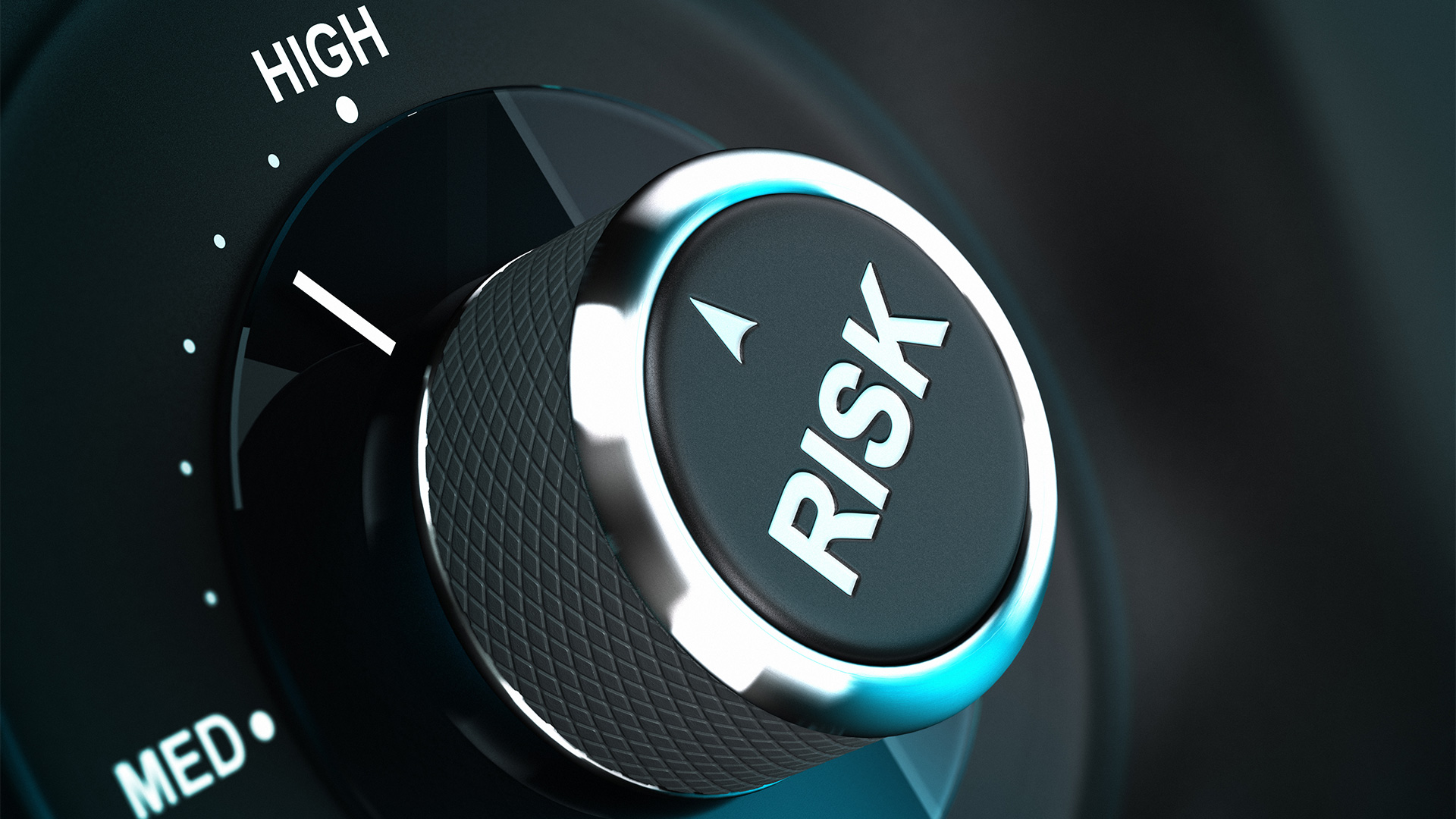
The risk of major economic shock to the global economy is increasing, so says the Cambridge Centre for Risk Studies’ latest Global Risk Index report.
The report predicts that in 2017 the global economy will face an expected loss of USD1.17trn as a result of increased risks.
This number is calculated through the analysis of the 22 most significant threats to the global economy in five broad categories: finance, economic and trade; geopolitical and security; natural catastrophe and climate; technology and space; and health and humanity.
Various items are driving the increased risk. The global economy, for instance, is growing and whilst this is a positive it does mean that there is more output that can be disrupted, inflating the numbers. There are more sinister forces at play, however. The report cites a growing threat of disruption through geopolitical risk, technological risk and some forms of financial crises.
Categories of risk: digested
The Cambridge Centre for Risk Studies (CCRS) analyses five broad categories of risk to the global economy. Here, in brief, is what it has to say on each topic.
Finance, economic and trade
There are mixed views in this category. On one hand, the CCSR highlights how regulation, such as Basel III, is creating a more stable market. And although this will not completely mitigate the risk of a future market crash, it should limit the impact of future minor and moderate financial crises.
On the other hand, the disruption of technology, despite all the benefits, is opening the financial ecosystem up to new risk – the sterling flash crash and the attempted $1bn SWIFT heist are provided as just two examples of this from last year.
Overall, according to the CCRS, financial crises are still likely to occur at the frequency seen historically. It does warn, however, that there are signs that a market crash could be triggered in the years to come. The report cites the troubles being experienced by European banks, growing global debt levels and the development of asset bubbles in the real estate market as being potential causes of this.
Geopolitical and security
Unsurprisingly, the CCRS concludes that “we are in an era of increased geopolitical risk and uncertainty”. The growing trend of nationalism and a review of the benefits of globalisation are mentioned as being the primary causes of recent democratic shocks, military tensions, social unrest and a rise in anti-Western terrorism.
Despite this, a large-scale conflict between major military powers remains unlikely, but smaller scale conflicts may become more common, according to the report.
Terrorism remains a big threat. The CCRS highlights how the dispersal of ISIS could potentially lead to an increase in attacks in the West and a shift towards cyber-terrorism.
Natural catastrophe and climate
Across the board, the CCRS concludes that the risk posed to the global economy by naturally occurring phenomenon remains fairly unchanged from its previous study.
What is changing, however, is the cost of damage caused by natural catastrophes due to the increasing sizes of towns and cities and the increased cost of property and infrastructure.
Technology and space
“Technology threats are one of the fastest changing risks to global and local economies,” states the report. Indeed, we have seen numerous examples of this over the past 12 months and it is expected that these threats will elevate in the years to come.
The risk posed by technology extends far beyond cyber-crime, however. Power outages, from accidental causes or weather, remains a major risk, for instance. The CCRS highlights how this is especially so in “modern economies that rely on continuity of utilities and information technology”. There is also increasing demand for power, which, in many countries is exceeding the amount of new capacity – in the last few years this has caused a number of large-scale blackouts.
Health and humanity
Overall, the risk of economic loss due to human pandemic is reducing. This is despite the chances of new infectious diseases increasing, but thankfully there is now greater vaccine availability and awareness.
Time for vigilance
For corporations of all shapes and sizes, no matter where in the world they are operating, any one of these scenarios has the potential to significantly disrupt how the business operates and its profitability.
In a changing world, the need for more prudent risk management has therefore become a priority. And although not every risk directly impacts the treasury department, they are often impacted by the fallout of these crises.
In essence, the treasury department is in a privileged position to understand risk holistically across the business; and most importantly, the financial impact of this.
There may be no need to make dramatic changes. But treasury departments may wish to revisit their risk policies, employ more sophisticated risk management technology to obtain a better understanding of what is at risk and further educate the business about the risks and the impact they can have on day-to-day operations.
Ultimately, corporate treasurers should be a leading voice in the organisation over the coming years, developing and driving long-term strategic plans based on latest developments and thinking about what the future disrupting factors on the business will be. The risk management policies and procedures should reflect this and be integrated with, embedded in, and understood by the wider finance organisation and business as a whole.
Checklist: Zanders’ tips for successful risk management
- Ensure risk management policies are up to date and fit for the future.
- Ensure the risk management framework supports these policies and is well embedded in the organisation.
- Ensure timely and accurate risk data collection at a centralised level.
- Incorporate advanced risk measurement and management models.
- Include non-business risk evaluation into strategic decision-making process.